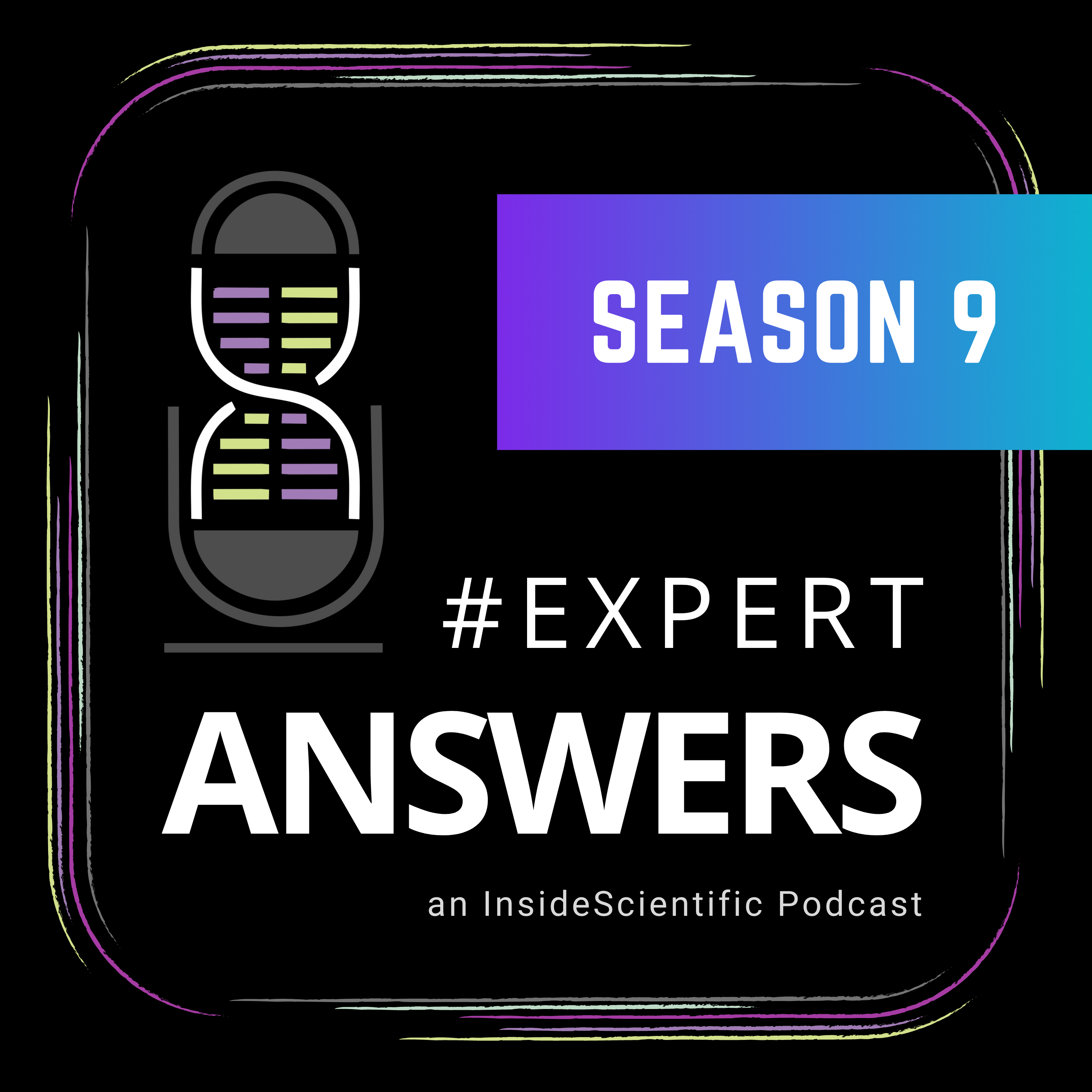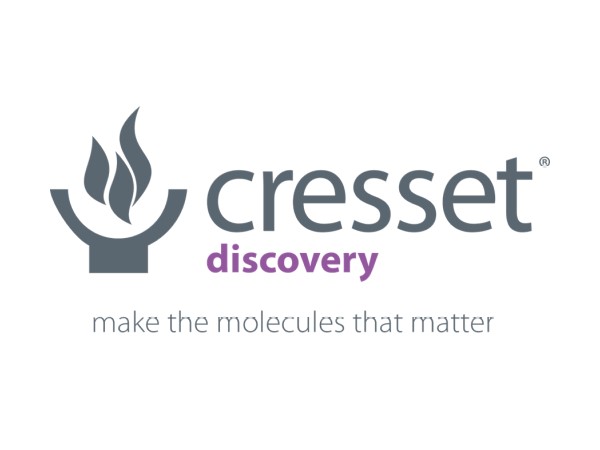In this webinar, Martin Slater, PhD, shares how computational chemistry can drive molecular discovery, the benefits of outsourcing these tasks, and case studies for how outsourcing molecular modeling has delivered value.
Highlights
- Challenges of molecular discovery
- Navigating molecular discovery roadblocks for project success
- Advantages to outsourcing molecular modeling
- Case studies for how outsourcing delivers value
- Benefits of working with Cresset Discovery
Webinar Summary
Dr. Slater begins this webinar by introducing molecular discovery as a multidisciplinary, multiparameter problem involving many aspects of biology and chemistry. The main challenge in this field is understanding enough about the biological system and data to solve the problem with chemistry while also navigating the traditional medicinal chemistry process involving target identification, validation, and optimization.
“One of the problems is a lot of the low-hanging fruit in this process is gone, all the easy targets are gone, and what you’re left with are the kind of difficult or challenging targets.”
Additionally, regulatory requirements are now more stringent than in previous years. Therefore, companies are attempting to reduce risk and overheads wherever possible in this process. There is a critical need to efficiently convert diverse lists of biological targets into viable drugs, for which Cresset Discovery has many solutions.
“How do we get you from A to B in a more efficient manner? … The way to think about it is if you’re … going from Cambridge to Edinburgh, you could definitely walk; that’s sort of a low-tech version of getting from A to B. You could get on a bike, … drive a car, … and with a bit of technology, you could even fly. … You can use technology to get you [there] more efficiently.”
Using computational chemistry as a novel means of molecular hit discovery and design can maximize return on investment, reduce costs for research and development, increase efficiency, and provide a more sensible input for biological testing. Dr. Slater highlights that both large and small organizations suffer from roadblocks that lead to slow and expensive output, and therefore both types of organizations can benefit from outsourcing computational chemistry tasks. Cresset Discovery can reduce the number of obstacles to optimize the value of research investments and accelerate the creation of commercial assets.
While traditional medicinal chemistry rationale can drive synthesis design, in silico methods can advise on which molecules not to make, thereby removing the amount of wet chemistry needed during the process. The traditional high-throughput screening route is a random process that involves screening a large number of molecules, finding hits through biological assays, and trying to understand how molecules are interacting; therefore, this route is much less efficient in terms of time and cost compared to the in silico route.
“You can start this process with an in silico method. You’re much closer to the 3D pharmacophore of what the molecules are doing at the molecular target.”
Cresset Discovery is composed of a dedicated expert team that can help organizations work out which strategies are sensible. Additionally, the company has access to powerful modeling software and infrastructure. Although their main focus is lead generation and optimization (e.g., hit finding by virtual screening, de novo design, etc.), the Cresset Discovery team can also help with target identification and preclinical development. The team has worked with a wide variety of targets, therapeutic areas, and companies, which Dr. Slater highlights using case study examples.
The first case study example is a collaborative project with the University of Cambridge, using a ligand-centric approach to discover novel therapies for urinary tract infections. Cresset Discovery was able to help identify novel inhibitors targeting a bacterial enzyme, and the ability of these inhibitors to reduce pathogenicity was confirmed in a subsequent proof of concept study that utilized clinical strains of Escherichia coli. In another project, Cresset Discovery developed an innovative clustering method to help an American biotech assess 3D similarities across an extensive virtual fragment database. Additional case studies detailed in this presentation include testing in silico hypothesis in vitro with an antifungal company, establishing a selective series for a challenging protease target and helping secure follow-on funding, and aiding in the discovery and subsequent patent of a novel seed treatment with an agrochemical company.
Lastly, Dr. Slater discusses the benefits of working with Cresset Discovery, which include having access to an expert team who can provide strategic research direction. Cresset Discovery has also developed Torx, a protected communication platform that facilitates live collaboration between the team and clients. To conclude this webinar, Dr. Slater provides several client testimonials for how outsourcing with Cresset Discovery has delivered value.
Resources
Q&A
- Could one also outsource medicinal chemistry to Cresset in addition to computational chemistry?
- Are your services seen as competitive with internal computational chemistry teams?
- How exactly are the results and deliverables shared?
- How do you deal with customers who don’t understand the results that you give them?
- What biological target classes and therapeutic areas do you support at Cresset?
- What business models do you offer for collaborations?
- What organizations do you typically work with?
- What is the most requested type of product?
- What services do you offer in the area of fragment drug discovery?
- How do you consider the synthetic feasibility of a compound during the design phase?
- Can you do virtual screening?
- Can you help with free energy perturbation calculations?
To retrieve a PDF copy of the presentation, click on the link below the slide player. From this page, click on the “Download” link to retrieve the file.
Presenters
Director of Discovery
Cresset









